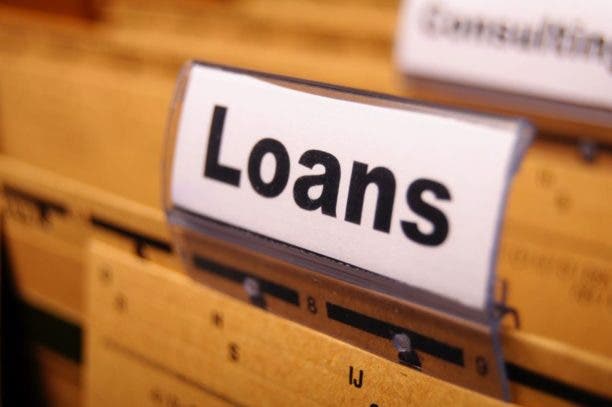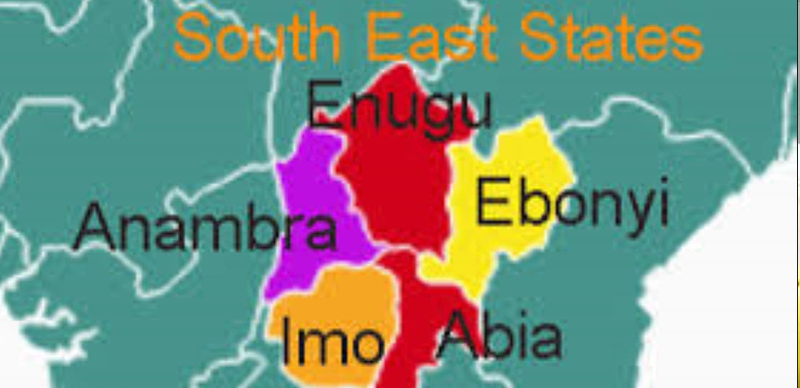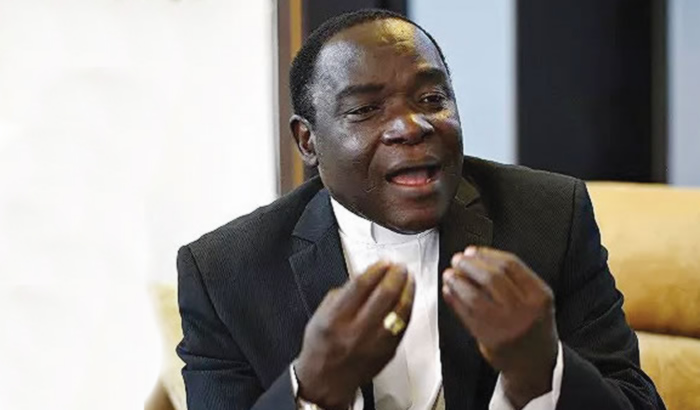The Federal Government is currently engaging the World Bank on a fresh $1.5bn loan, findings by Sunday PUNCH have shown.
Abbreviated as HOPE, the loan is titled ‘Nigeria Human Capital for Opportunities and Empowerment’ based on information obtained from the website of the Washington-based institution.
The objective of the loan is “to strengthen systems for improved delivery of basic education and primary health services in participating states.”
The loan is meant to be implemented in 2024 pending approval by the board of the World Bank Group.
Sunday PUNCH also discovered that there was another loan titled: ‘Nigeria Macro-Fiscal Reforms for Economic Stability and Economic Transformation’.
However, the amount for this other loan was not disclosed as of the time of filing this report.
There were also pending discussions on five other loan projects, according to findings.
These include $300m for solutions for internally displaced persons and host communities’ project, $500m for rural access and agricultural marketing project-scale up, $750m for the Nigeria distributed access through renewable energy scale-up project, $700m for sustainable power and irrigation for Nigeria project, and $500m for NG accelerating resource mobilisation for reforms PforR.
The discussions will determine if the loans will become active or dropped.
So far, Nigeria has secured a total of $1.95bn in loans from the World Bank in the first four months of President Bola Tinubu’s administration.
The first was the $750m approved on June 9, 2023 to boost Nigeria’s power sector.
The second was $500m to help the country’s drive for women’s empowerment and was approved on June 22, 2023.
The third was a $700m loan to enhance adolescent girls’ learning and empowerment, and was approved on September 21, 2023.
The International Bank for Reconstruction and Development and the International Development Association, which make up the World Bank, have, over the years, advanced loans to Nigeria.
The IBRD lends to governments of middle-income and creditworthy low-income countries, while the IDA provides concessionary loans – called credits – and grants to governments of the poorest countries.
The World Bank is Nigeria’s biggest multilateral creditor, with the country owing about $14.51bn as of June 30, 2023.
Further breakdown showed that Nigeria has $14.51bn IDA debt and $485.75m IBRD debt by the second quarter of the year.
The Debt Management Office recently said Nigeria’s total public debt hit N87.38tn at the end of the second quarter.
The figure represents an increase of 75.29 per cent or N37.53tn compared to N49.85tn recorded at the end of March 2023.
Further breakdown shows that Nigeria has a total domestic debt of N54.13tn and total external debt of N33.25tn.
While the domestic debt makes up 61.95 per cent of the total debt, the external makes up 38.05 per cent.
There has been a significant increase in both domestic and external debts within three months.
The domestic debt rose by 79.18 per cent from N30.21tn, while the external debt rose by 69.28 per cent from N19.64tn in the first quarter of 2023.
In its 2022 Debt Sustainability Analysis Report, the DMO warned that the Federal Government’s projected revenue of N10tn for 2023 could not support fresh borrowings.
According to the office, the projected government’s debt service-to-revenue ratio of 73.5 per cent for this year is high and a threat to debt sustainability.
It noted that the government’s current revenue profile could not support higher levels of borrowing.
In a report titled, ‘Report of the Annual National Market Access Country Debt Sustainability Analysis,’ the debt office said, “The projected FGN debt service-to-revenue ratio at 73.5 per cent for 2023 is high and a threat to debt sustainability.
“It means that the revenue profile cannot support higher levels of borrowing. Attaining a sustainable FGN debt service-to-revenue ratio would require an increase of FGN revenue from N10.49tn projected in the 2023 budget to about N15.5tn.”
The DMO stated that the government must pay attention to revenue generation by implementing far-reaching revenue mobilisation initiatives and reforms, including the Strategic Revenue Growth Initiatives and all the pillars with a view to raising the country’s tax revenue to Gross Domestic Product ratio from about seven per cent to those of its peers.
The Federal Government will be unable to borrow a lot as it nears its self-imposed debt limit of 40 per cent, according to the DMO.
To reduce borrowing and budget deficit, the DMO stated that the government should encourage the private sector to fund some of the capital projects that were being financed from borrowing through public-private partnership schemes.
It added that the Federal Government could reduce borrowing through the privatisation and/or sale of its assets







